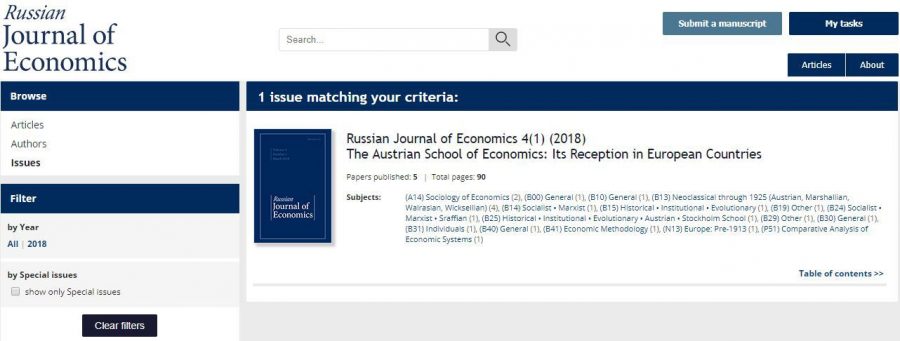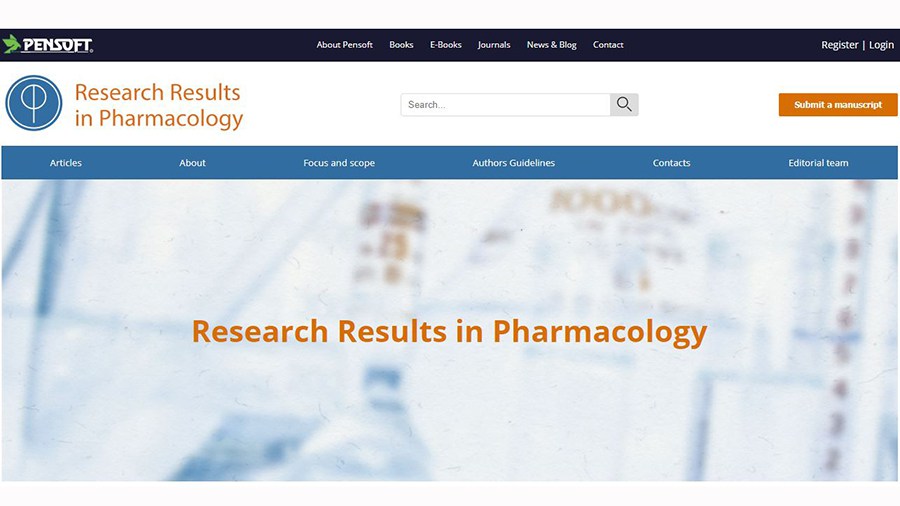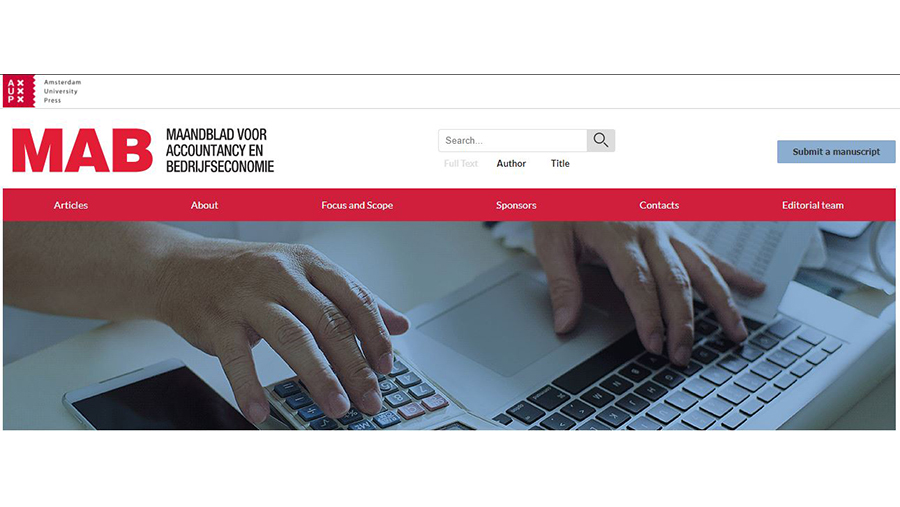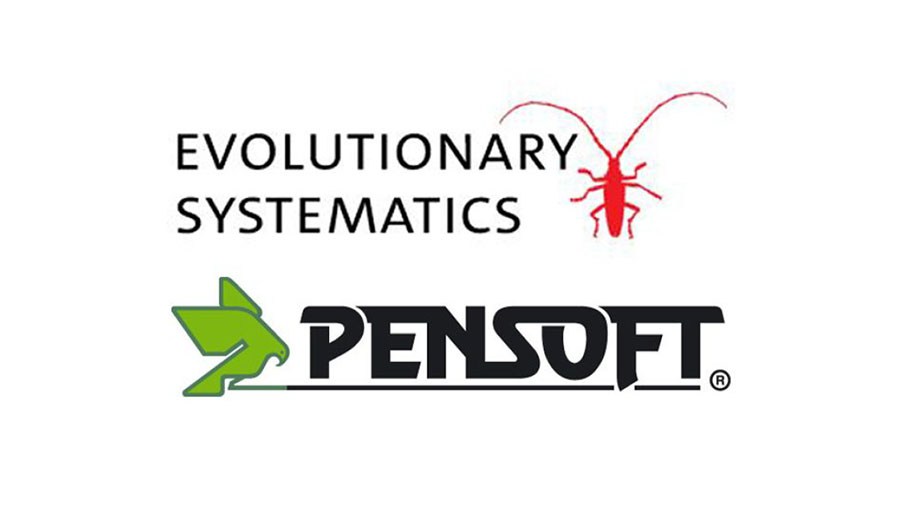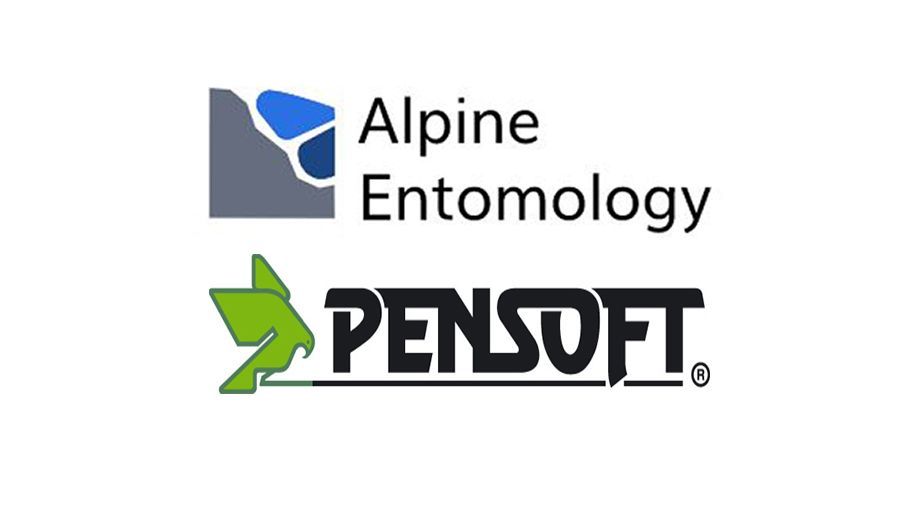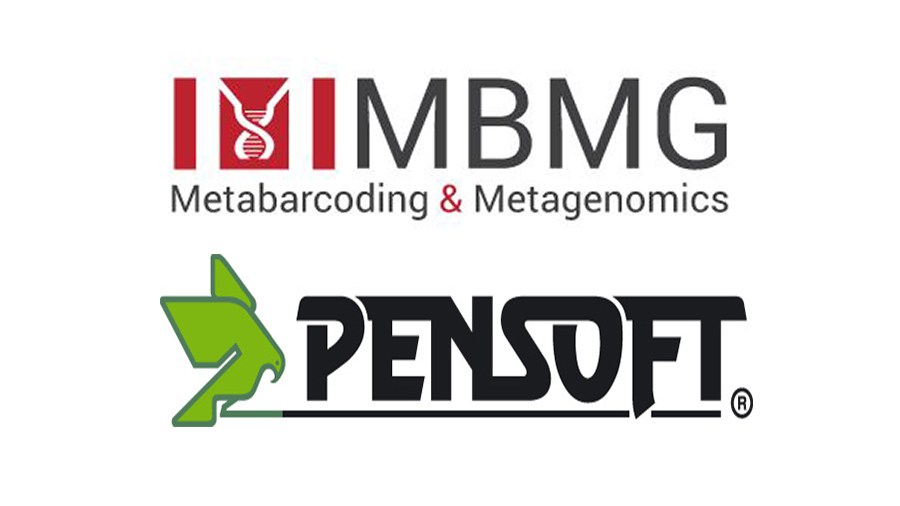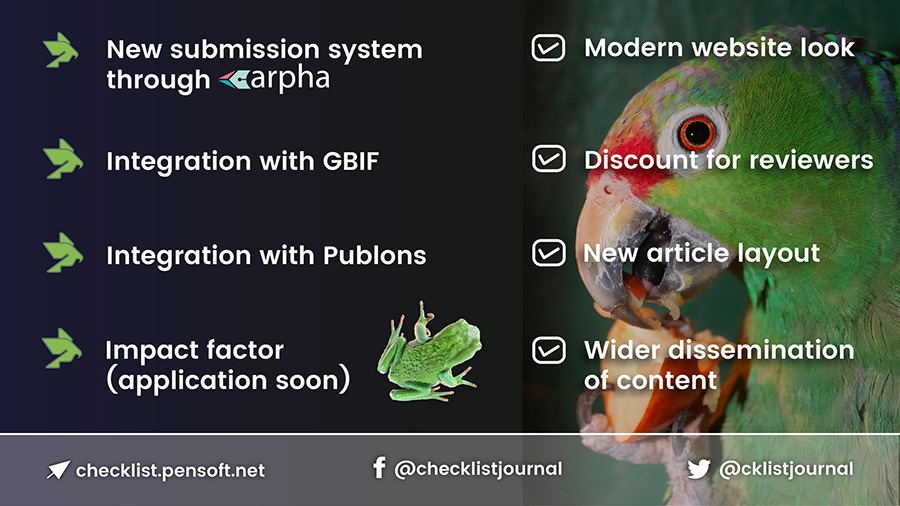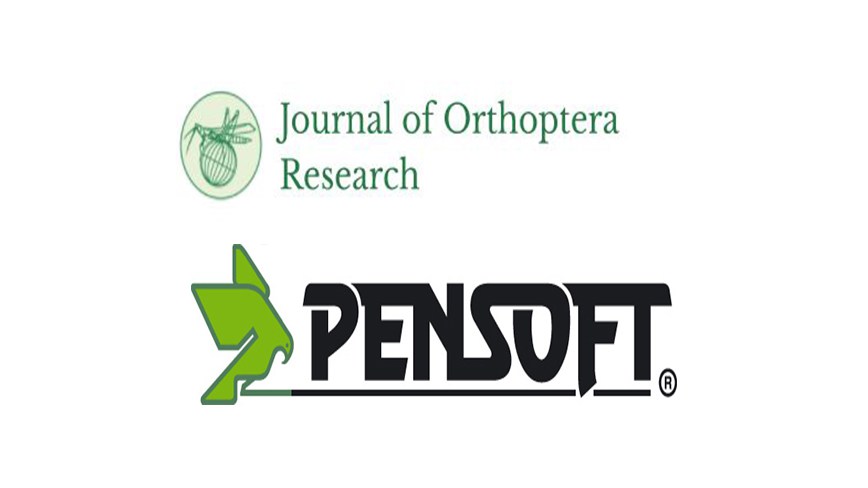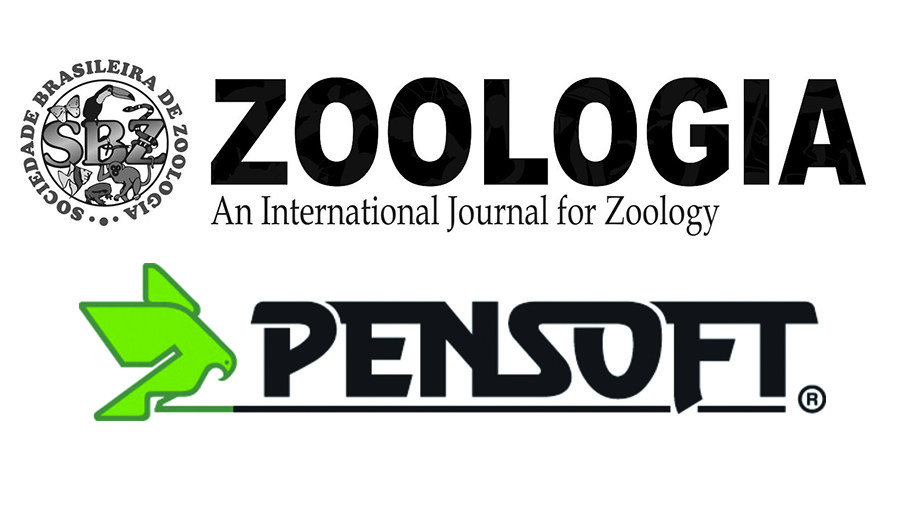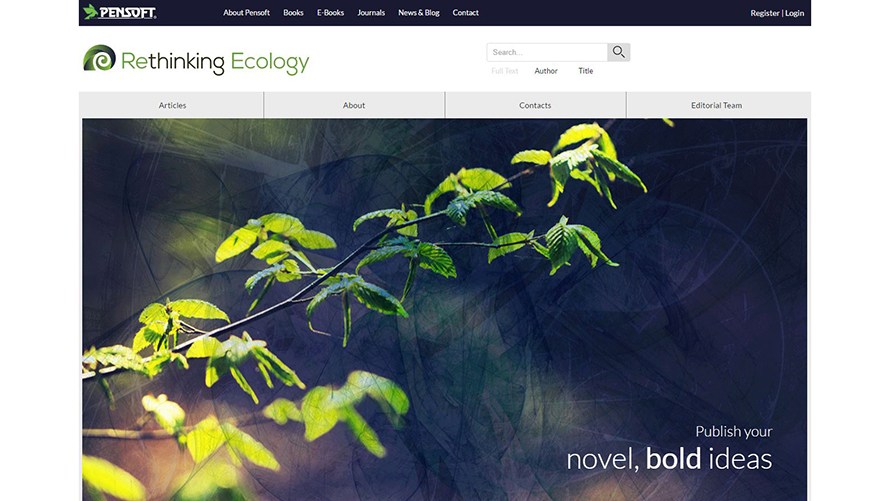The journal’s 2018 inaugural issue, themed ‘The Austrian School of Economics: Its Reception in European Countries,’ demonstrates an all-new look-and-feel complete with various next-generation technological perks
Russian Journal of Economics (RuJE) is the latest competent and renowned journal to join the ranks of the open access titles published on the next-generation platform ARPHA, developed by scholarly publisher and technology provider Pensoft.
The journal’s 2018 inaugural issue and the first since the realization of the new partnership is already live on the journal’s new website.
The articles are brought together under the theme “The Austrian School of Economics: Its Reception in European Countries” and have been briefly presented at the Second World Congress of Comparative Economics “1917-2017: Revolution and Evolution in Economic Development” held in St. Petersburg, Russia, in 2017.
Having taken advantage of the white-label publishing solution offered by ARPHA, the open access peer-reviewed journal is to continue being recognized as one of the titles founded and published by the reputed institutions of National Research University Higher School of Economics, Russian Presidential Academy of National Economy and Public Administration, Gaidar Institute for Economic Policy, and non-profit partnership Voprosy Ekonomiki.
Although recently established, the journal is well-known among its audience comprising primarily professional economists working in academia, government and private sector.
Since its launch in 2015, RuJE has been providing a scholarly outlet for research findings in all fields of economics related to policy issues and is being published on a quarterly basis.
While the journal focuses on the Russian economy, economic policy and institutional reform with a broader international context and sound theoretical background, it also welcomes submissions in all areas of applied and theoretical economics, especially those with policy implications.
“I am pleased to see our new collaboration with Russian Journal of Economics coming to fruition, not solely because it looks great in our growing journal portfolio, but also for the amazing opportunity for ARPHA,” says ARPHA’s and Pensoft’s founder and CEO Prof. Lyubomir Penev. “I am certain that we can contribute a lot, so that we can together oversee the further progress of this excellent journal.”
“The task of the project is to create a competent international information resource for academic economists, expert and business communities, devoted to macroeconomic policies in different national contexts, including the Russian one, institutional issues and comparative analysis. The high technological base of ARPHA platform gives all the necessary opportunities to realize the strategic goals of Russian Journal of Economics,” says Andrey Kotkovsky, Director at NP Voprosy Ekonomiki.
What does ARPHA bring to the table?
As a result of its transition to ARPHA, not only does the journal look a lot different on the outside, but it also provides a whole range of high-tech innovations beneath the surface.
Among these is the prominent fast-track and convenient publishing workflow provided by the platform. It allows for each manuscript to proceed all the way from submission and reviewing to dissemination and archiving without ever leaving the platform’s singular collaboration-friendly online environment.
Once published, all articles are to be available in three formats (PDF, XML, HTML), enriched with semantic enhancements, so that they are easy to discover, access and harvest by both humans and machines.
To further enhance discoverability and reusability of the findings published in the journal, its content is to be indexed by major interdisciplinary services CrossRef and DOAJ in addition to the economics-specialized database RePEc.
RuJE’s articles are also to be archived in CLOCKSS and Zenodo, in accordance to ARPHA’s standard practices.
 What’s on in the new issue?
What’s on in the new issue?
In the opening article by Dr Gilles Campagnolo, Aix-Marseilles School of Economics, the reader is given a complex overview of the reception of the Austrian ideas in France, while also covering valuable information about the development of the Austrian School of Economics itself. The publication highlights the fact that these ideas increased their popularity in the country following the Russian perestroyka and the?fall of the Berlin Wall.
The topic is carried on into another two articles dealing with the history of this process in Russia (Soviet Union) and Bulgaria. The team of Prof. Vladimir Avtonomov and Prof. Natalia Makasheva, National Research University Higher School of Economics, Russia, and the one of Prof. Nikolay Nenovsky, University of Picardie Jules Verne, France, and Dr. Pencho Penchev, University of National and World Economy, Bulgaria, both identify three principal periods – initial reception, complete oblivion during the communist regimes, and renaissance in post-communist times.
The Italian perspective on the Austrian economic ideas are given in an article authored by Prof. Antonio Magliulo, University of International Studies of Rome. He explores two periods – before World War II, as linked with Menger’s influence – and compares it with Hayek’s.
The editorial by Prof. Vladimir Avtonomov looks back on the so-called Marginal revolution in economics from the 1870s. Thus, the reader obtains a firm grasp on the origins of the three European schools of economics with a focus on the Austrian one, before tracing the economic environment on the Old Continent well into the 20th century through the pages of the journal’s special issue.
***
Russian Journal of Economics is the third Russian title to find its new publishing home with ARPHA Platform after Comparative Cytogenetics and Research Results in Pharmacology. Several new titles are expected to join them later this year.

